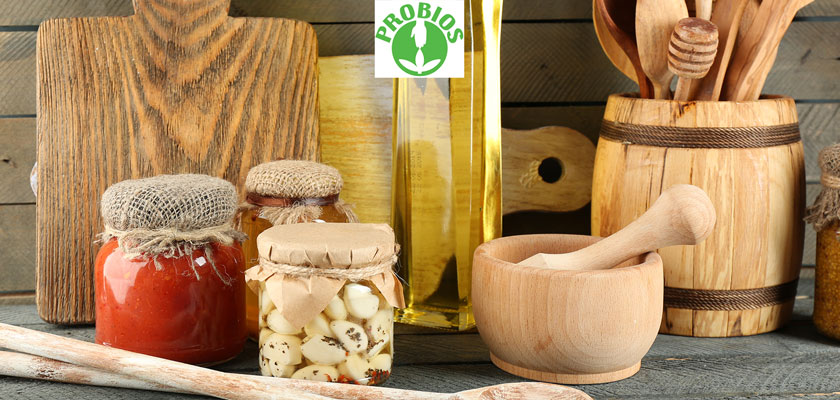
In view of the current environmental situation, we often question ourselves on what is more sustainable to eat.
The generation of millennial has in fact changed its pessimistic belief that we have to safeguard ourselves from food. The food culture is in fact strictly connected with the development: for the millennial the world is going through an unstable phase and it has to deal with the limits of the natural resources and with the modernity that damages the environment and our bodies.
That’s the reason why, in the day to day life, more than one fifth of them buys only organic products and decreased significantly the consumption of meat. In total, almost 16 million Italians ate less meat in 2015 and the young people are the hard core of this trend, as suggested by the growth of vegan and vegetarian lifestyles by two points (from 6% to 8% of the population).
Consequently, the millennial helped leave the consumption of fruit and vegetables again, with apples, potatoes and tomatoes to drive the group, in spite of the clear drop of the meat consumption[1].
An event that is in line with what emerged from the numerous researches conducted in the latest years, that immediately established that meat is the most polluting food: for the consumption of earth, water, energy, not to mention the discharged substances and the emissions from the animals themselves.
To these data, nowadays we also have to add the first complete review (which means the analysis 369 surveys published on scientific magazines that consider the impact of meat in comparison with other food, 168 in total, both plant and animal based). The huge analysis, conducted by the University of Lancaster[2], in the UK, defined as “cleanest” food the cereals, fruit and vegetables, followed by dried fruits and dried legumes.
Facts that confirm Probios’ philosophy, sustainable by definition, intended to produce and distribute high quality organic vegetarian food, mostly from Italy, to guarantee the health of people and the environment.





